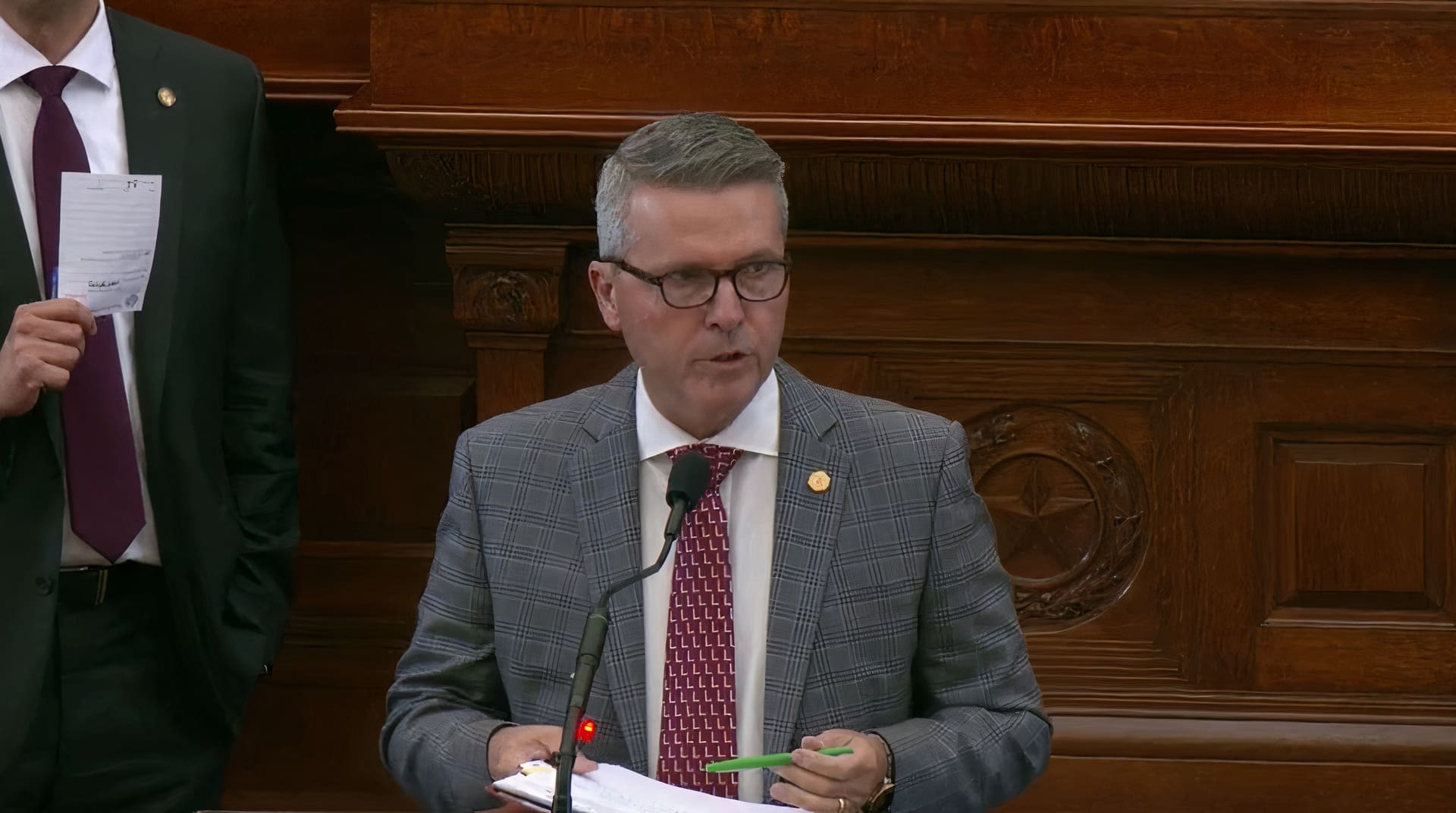Fiscal watchdog group Truth in Accounting released its 2024 Financial State of Cities report and Houston ranked 61st out of 75 cities and received a “D” grade.
According to the report, any city that has an individual tax burden between $5,000-20,000 receives a “D” grade.
The report looks at the financial health of cities from regular taxing and spending to long term liabilities like unfunded pensions and other post-employment debt, or retiree healthcare liabilities.
It found that when all debt is considered, Houston had a taxpayer burden of $9,000. Put simply, this is how much each taxpayer would have to pay, without receiving any additional related services, to pay down the city’s overall $11.9 billion debt burden.
The city had $5.8 billion available to pay $11.9 billion worth of bills, leaving the city $6.1 billion short—a $105 million increase from the year prior.
The report also mentioned that Houston is not setting enough aside for those unfunded liabilities that make a majority of the debt burden: “Houston had set aside only 88 cents for every dollar of promised pension benefits and only 1 cent for every dollar of promised retiree health care benefits.”
The report signals even more of a tough financial road ahead, outlining that with COVID-19 relief dollars coming to an end, market fluctuations, and changing investment values, the city may see a slowing of tax collections and an overall worsening of the debt burden.
According to Truth in Accounting:
Together, the 75 cities had $307.4 billion worth of assets available to pay bills; their debt, including unfunded retirement benefit promises, amounted to $595.3 billion. Pension debt totaled $175.9 billion, and other post- employment benefits (OPEB), mainly retiree health care, totaled $135.2 billion.
Overall, 53 of the cities Truth in Accounting evaluated didn’t have enough money to pay their bills, and when looking at all 75 cities, they found $288 billion in debt.
Some of the recommendations the report offered cities were to stop deferring debt payments, improve reporting on financial reports like the comprehensive annual financial report by releasing them in a timely fashion, and truly balance local budgets rather than relying on one-time funding sources.
No ads. No paywalls. No government grants. No corporate masters.
Just real news for real Texans.
Support Texas Scorecard to keep it that way!




